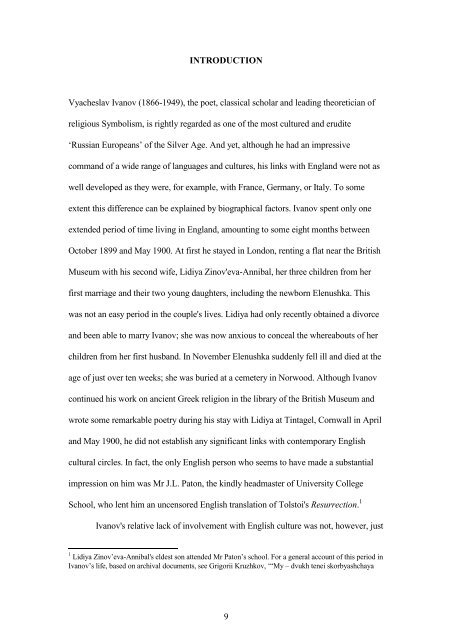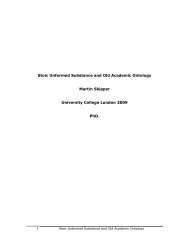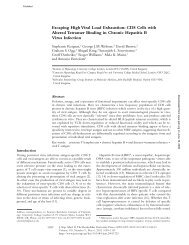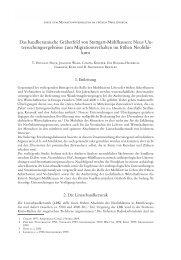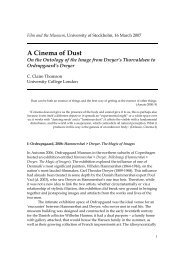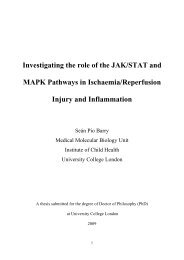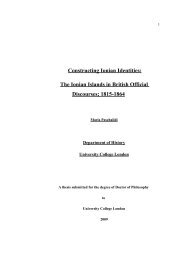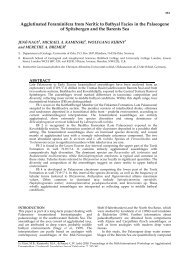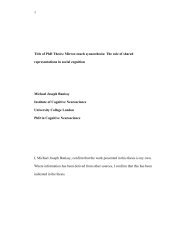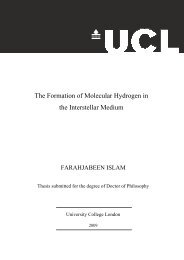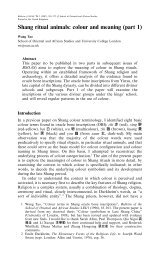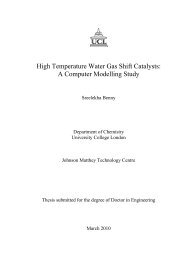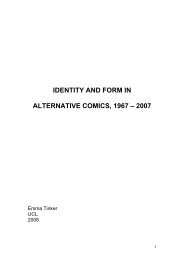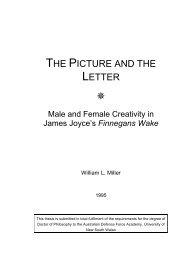Vyacheslav Ivanov and C.M. Bowra: a ... - UCL Discovery
Vyacheslav Ivanov and C.M. Bowra: a ... - UCL Discovery
Vyacheslav Ivanov and C.M. Bowra: a ... - UCL Discovery
You also want an ePaper? Increase the reach of your titles
YUMPU automatically turns print PDFs into web optimized ePapers that Google loves.
INTRODUCTION<br />
<strong>Vyacheslav</strong> <strong>Ivanov</strong> (1866-1949), the poet, classical scholar <strong>and</strong> leading theoretician of<br />
religious Symbolism, is rightly regarded as one of the most cultured <strong>and</strong> erudite<br />
‘Russian Europeans’ of the Silver Age. And yet, although he had an impressive<br />
comm<strong>and</strong> of a wide range of languages <strong>and</strong> cultures, his links with Engl<strong>and</strong> were not as<br />
well developed as they were, for example, with France, Germany, or Italy. To some<br />
extent this difference can be explained by biographical factors. <strong>Ivanov</strong> spent only one<br />
extended period of time living in Engl<strong>and</strong>, amounting to some eight months between<br />
October 1899 <strong>and</strong> May 1900. At first he stayed in London, renting a flat near the British<br />
Museum with his second wife, Lidiya Zinov'eva-Annibal, her three children from her<br />
first marriage <strong>and</strong> their two young daughters, including the newborn Elenushka. This<br />
was not an easy period in the couple's lives. Lidiya had only recently obtained a divorce<br />
<strong>and</strong> been able to marry <strong>Ivanov</strong>; she was now anxious to conceal the whereabouts of her<br />
children from her first husb<strong>and</strong>. In November Elenushka suddenly fell ill <strong>and</strong> died at the<br />
age of just over ten weeks; she was buried at a cemetery in Norwood. Although <strong>Ivanov</strong><br />
continued his work on ancient Greek religion in the library of the British Museum <strong>and</strong><br />
wrote some remarkable poetry during his stay with Lidiya at Tintagel, Cornwall in April<br />
<strong>and</strong> May 1900, he did not establish any significant links with contemporary English<br />
cultural circles. In fact, the only English person who seems to have made a substantial<br />
impression on him was Mr J.L. Paton, the kindly headmaster of University College<br />
School, who lent him an uncensored English translation of Tolstoi's Resurrection. 1<br />
<strong>Ivanov</strong>'s relative lack of involvement with English culture was not, however, just<br />
1 Lidiya Zinov’eva-Annibal's eldest son attended Mr Paton’s school. For a general account of this period in<br />
<strong>Ivanov</strong>’s life, based on archival documents, see Grigorii Kruzhkov, ‘“My – dvukh tenei skorbyashchaya<br />
9


